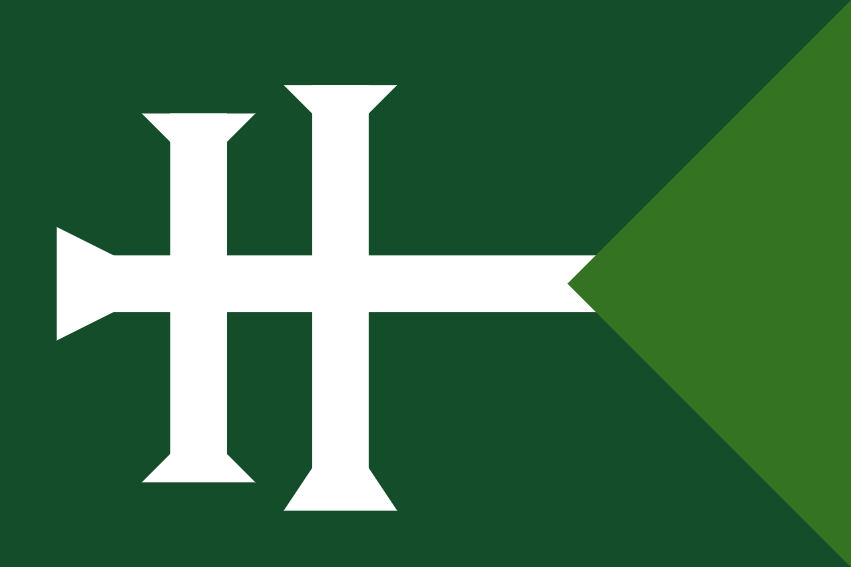Artesja
Mertenia (Rasinae), Arteska (Kassethia)
Artesja was a large country south of Rasina, a somewhat cold country with a balanced climate. It borders a large desert in the northwest, but it gets colder in the south, where the Arctic port of Gitalgar is located. With two vast mountain ranges almost splitting the nation in half, the Gital, Ungri, and Wellsan ranges are rich in natural resources like iron and gemstones. This mountain range was very important to the economy. With green grass and rolling hills, the nation is a popular tourist destination, and the culture of Artesja goes back centuries.
Artesja was founded by Mertecia when she founded Swedenhatius, the first city of the world and also the soon-to-be holy city of Geminism. The country has always been a bulwark of faith and science, resisting to the last in the case of invasion.
Artesja was also the birthplace of Artemis the unifier, who organized the country and unified the religion of Geminism.
The Artesjan governmental authority completely collapsed on the 5th of August after the presumed Suicide of the Upper-hierophant, Artemis III. The remainder of the Generalgouvernement is based in Pannalia, trying to wrest control in the civil war.
Structure
The Office of the Upper-hierophant was last held by Artemis the Third. The position has little political power, only granting rights to speak in parliament, bear the crown while requiring that he make speeches at several events in Artesja. The government (Generalgouvernement) consists of two hundred and three seats, three of which are reserved for the First Nation's representatives, and general elections take place every four years.
Culture
The Federation of Artesja is as culturally diverse as it has always been, in fact, there is a common saying used by all artesjans to describe their country:
You cannot go fifty miles in Artesja without encountering a new dialect.
The works of Tahomas are perhaps some of the cornerstones of Artesja's rich cultural tapestry, along with the recent passing of the preservation act, which prohibits the "Corruption of lands once holy to a culture".
Artesjan gender norms are very vague, especially to outsiders, like how communal bathhouses are shared throughout the Federation, especially in the colder south with more active geothermal springs. Such customs haven't been present forever, they seem to have sprung up around the times of Artemis and the cultural movement following him, and they've been firmly in place ever since.
Assets
The former Artesjan economy, worth 1.50 trillion Horos a year, is broadly diversified and led by the Tourism industry, with significant contributions from Arms Manufacturing, Book Publishing, and Woodchip Exports. State-owned companies are common. The average income is 51,556 Horos and evenly distributed, with the wealthiest citizens earning only 2.2 times as much as the poorest.
Though, with the current state of affairs... one could wonder if Artesja will ever recover from its current malaise...
Disbandment
Artesja as a political entity ceased to function on the 5th of August, 1899, when the Vehr stopped all communications with the state. The issuing fracture began what is now known as "The Time of Trial" in Artesja, a fitting name for the bloodiest civil war ever fought on Tempertarian soil.
Brothers against brothers, sisters against sisters, in this most unjust and unholy war.
Demography and Population
The largest population center in Artesja is Karelja, as well as her sister city, Swedenhatius. Though, the Wellan river plate is also densely packed with people, largely because of the enormous domestic food production in the area, which distributes outwards and downwards into the mostly inarable lands of Czeania and Tundraria.
The Ungri mountain areas are largely self-sufficient, providing enough food to feed themselves, but not enough to warrant serious exports. The Sackarti plains are not the best conditions to farm under, but some stubborn farmers still do it, the region as a whole receives much of its food from Rasina.
Military
The armed forces of Artesja, headquartered in Karelja, are split into six branches:
The Vehr/Hera is the land fighting forces of Artesja; their units are garrisoned in most of the major cities in the Federation, along with some smaller detachments in more diminutive villages. The current head of the Vehr is Marshal Mikhail Onaikon, who is responsible for managing the general staff. In total, the Hera consists of seventy-two mechanized infantry divisions, thirty-five armored divisions, ten artillery divisions, two air-mobile brigades, two marine battalions, and one ranger division. Artesja also has several special operations forces, such as Rapid Threat Force-28, four companies of elite operators specialized in urban warfare. They also have a helicopter squad and motor company attached for support. To help out at sea, the Marinejeakeri can be called from their base in Gitalgar, They consist of three helicopters' worth of expert divers and swimmers, and their primary armaments are the venerable ASU-5 underwater assault rifles. In cases where stealth is required, the 201st Scout Division, better known as "The Warriors of Alpha," are experts. An all-female unit consisting of Cantrargian shieldmaidens, these honored fighters can sneak through hundreds of miles of any terrain with ease, their primary armaments are made up of Schtalla IV SP DMR9s.
The Shevehr is the navy of Artesja, from their primary wharf in Gitalgar, serves to exert the will of the Artesjan government across the seas of Tempertaria, and to protect traders in Artesjan territorial waters. The current commander of the joint Artesjan navy is Fleet Admiral Wenceslaus Werbell II. The Shevehr currently has eleven carriers, fifty amphibious assault craft, twenty-five cruisers, thirty destroyers, forty-one frigates (one of which is non-operational), seventy-five minesweepers/CS ships, two hundred and one patrol craft, thirty submarines, and three hundred and thirty-one aircraft ready to deploy. The most famous of the navies' vessels is likely the ASV Eliza, which is the largest carrier currently fielded in the world.
The Starravehr is the armed air force of the Artesjan Federation, stationed in various airbases throughout Artesja, and with its headquarters in Kósz. The current leader of the Starravehr is Air Marshal Leah Erangoi Sveotem, who is planning to expand the air force soon. There is a system within the Starravehr, separate from the otherwise linear ranking system, which is known as the aces' ladder, which consists of five consecutive positions. It starts at ace star nr. 1 and goes from that up to ace star nr. 5, none of this has any impact on the chain of command, mind you, instead, it merely serves as a way of designating a certain pilot's skills in the air, there are currently only ten people who hold five ace stars. Fighter Command, responsible for overseeing air superiority and interception operations of the Starravehr, is stationed in Taraburg. Bomber Command manages both strategic and tactical bombing, along with close air support. Its HQ is located in Karelja. Raider/Helo Command is responsible for behind-enemy-lines operations, along with managing helicopter support; they have strong ties with the Hera.
The Vernmakt is the policing authority of the Vehr and surrounding organizations. their primary task is to ensure that Artesjan armed personnel follow the Code of war, and they have the authority to arrest anyone not doing so, no matter the rank. The Vernmakt, also known as the V.M. by some, answers directly to the ministry of military matters and has no highest-ranking officer currently.
The Dérngard are responsible for monitoring the coasts and rivers of Artesja in collaboration with the provincial police, they're much like a coast guard, except more armed, as the waters around the Federation are far from peaceful. Their primary base of operations is located in Wellanus, and their top-ranking officer is currently Admiral Igla Averland.
And lastly, the Aperatzions Geheitsz Kommanda (Special operation command) is responsible for supervising the operations of the Hierophant's guard (When they are stationed in Artesja), and the Knights' guard. Though both of these forces are mostly ceremonial, they can quickly convert into some of the most advanced and deadly units in the whole of Tempertaria.
Technological Level
The recent advancements in both civilian and military technology have given Artesja an edge internationally, especially the newly implemented vaccines against Yellow fever and Salinosis, the death rate among young children has been significantly reduced.
New technology, such as radar guidance, has had a huge impact on the Vehr, however, it has also raised questions about how to counter radar-directed munitions utilized by hostile forces, and the development of prototype SEAD (suppression of enemy air defense) is underway, spearheaded by Nonna Yugashvili.
Though with recent developments in aviation, supersonic jet aircraft have become the norm of the Starravehr's utility. Most known among these is probably the ZU-17 Interceptor, which is capable of reaching Mach 5 in just under two minutes.
Foreign Relations
Artesja retains diplomatic alliances with its willing neighbors and even countries that're further away. It has remarkably good connections with the Rasinae Divinarate, especially since the union of Heaesvethi and Artemis, the pair of nations have many times aided each other in their times of need, though, subjects like the war of the tyrant are still very awkward for most Rasinae and Artesjans alike.
Kassathia has always held the Artesjan Federation in high regard, striving to meet its level of influence globally. The relations between the two nations have also been solidified by the establishment of Taskforce-114, which is comprised of elite soldiers and pilots from both the Vehr and Stavorossa, the aim of this combined effort is to quash piracy in and around the waters of Fedria.
Artesja also holds dominion over the Cantrargian archipelago, ever since 1801, when Elano Szafervar discovered the islands and established relations with their queen. The archipelago is currently under the protection of the Dérngard, and relations are excellent. The 1823 agreement stipulates that for the protection to be upheld, the Cantrargians must pay a tribute every six months, though, this tribute can be a lot of different things.
There have been talks between the four nations about liberating the nation of Fedria, these plans are still in their infancy, however.
Education
The education in Artesja, which is subsidized by the income tax of citizens, has been deemed slightly better than the education in both Rasina and Kassathia, compared to the cost to enroll students. Artesja is famous the world over for its high-grade universities and gymnasiums, which are all completely free to attend, as long as some other requirements are met.
Most people in Artesja, excluding the most senior people, have a university-level education, and the system only sees around 2% of dropouts during high school. And approximately 21% of graduates, do so with a doctorate.

Per Aspera, Ad Astra
502 BN - 1899 AN
Horos
The Artesjan parliament, based in Karelja, is responsible for writing, and legislating whatever laws they deem to be necessary. It operates by the Bicameral model, with an upper hall (State's Hall, 205) reserved for dedicated politicians and a few Lower Hall electates that are elevated by merit or experience. And a lower (People's Hall, 1007) in which everyone can join, barring those with criminal records.
Two diagrams presenting the general makeup of the two halls when the 1898 recess was called on the 3rd of December.
Partiya Totalista (Dark Red) (Radical Totalist):
Arteska Syndikatsverbrandt (Crimson) (Agrarian Communism):
Popularen Partiya Arteska (Red) (Social Democracy, Left-wing populism):
Vereinigte Demokratija Buiranta Arteska (Pink) (Libertarian Socialism):
Arteska Demokratija Kadetska (Green) (Artemisianism, Reformist Socialism):
Kasiist-Hecht Partiya (Light Blue) (Left Cassiism):
Independents (Yellow) (Varying, most centrism):
Nems-Listen za Volk (Blue) (Geminist Conservatives):
Zollern za Nemmern (Dark Blue) (Right-wing populist):
Artesjana Bloc (Brown) (Right Alternative):
The Artesjan Royal court marshalls, thirty in total, are the highest judicial authority in Artesja.
The Federalskaya Gederalina Duvalin Pouplata (Federal police), Milicija Provenza (Provincial police), and Vernmakt (Military police) are all working together to ensure mandate and legality are preserved in Artesja.







Comments